Your small business likely thrives as a result of the people you work with. A strong team, united by clear expectations and shared values, is usually the backbone of any successful company.
An employee handbook can be a powerful tool to facilitate this end. It can act as a central resource for your staff, outlining company policies, procedures and benefits. What exactly should you include in this all-important document?
Setting the stage: Company culture and core values
Start by introducing your company’s mission statement and core values. This gives employees a sense of purpose and helps them understand how their roles contribute to the bigger picture. Explain what your company stands for and how these values translate into daily work practices.
General employment information
Since Oregon is an at-will employment state, clearly state that both employer and employee can terminate the relationship at any time.
Your employee handbook should also elaborate more about compensation and benefits. Outline details on:
- Wages
- Overtime pay
- Paid time off (PTO) accrual and usage
- Health insurance plans
- Any other benefits offered
Don’t forget to stipulate employee work schedules by specifying standard work hours, break times and any flexible work arrangements that are available.
Policies that help ensure a safe and respectful workplace
It’s crucial to reaffirm your commitment to a discrimination and harassment-free workplace. You can do this by including details on how employees can report any concerns. It would help if you also went the extra mile to define acceptable behavior in the workplace. This can include:
- Policies on professional conduct
- Confidentiality of company information
- Social media usage while representing the company
More importantly, outline any safety protocols specific to your industry. Include proper use of equipment, reporting work hazards and emergency procedures.
An employee handbook is a valuable tool, but it’s not a document that is ever really set in stone. You’ll want to review and update your handbook regularly to reflect any changes in company policies, benefits or local laws. You’ll additionally want to encourage open communication with your employees and seek legal assistance, when necessary, to get the most out of this document.
